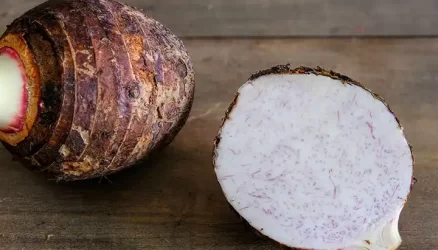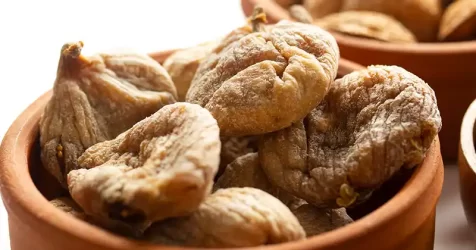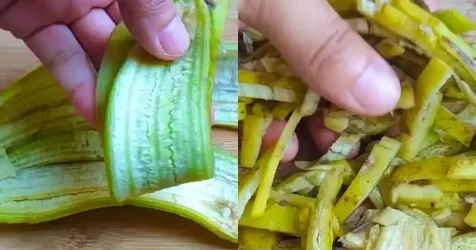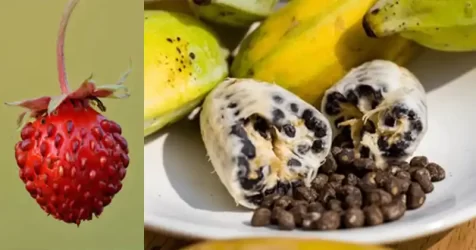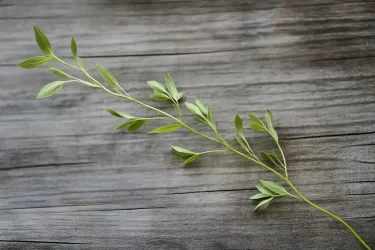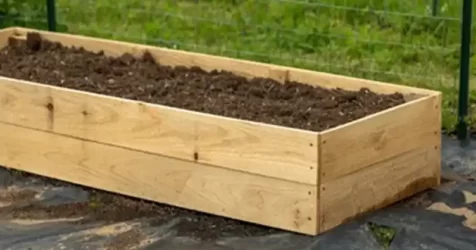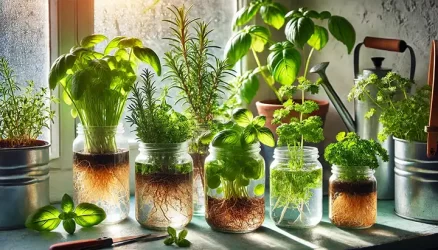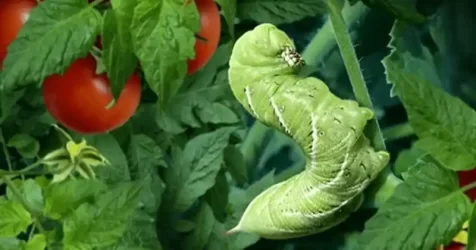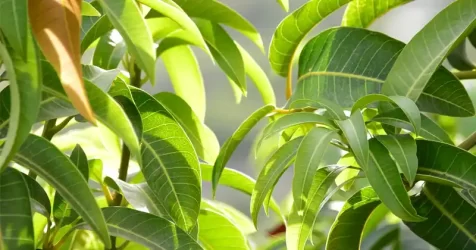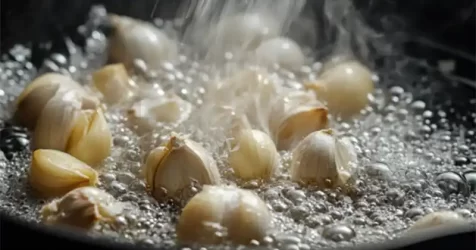Growing Chayote at Home in Containers: A Guide to Fresh and Flavorful Harvests

Discover the Joy of Cultivating Chayote in the Comfort of Your Home Garden
Are you a gardening enthusiast with limited space? Do you yearn to grow your own produce even without a sprawling backyard? Look no further, because chayote (Sechium edule), a versatile and delicious vegetable, can be successfully grown at home in containers, making it an ideal choice for urban gardeners and anyone looking to maximize their garden space.
Why Choose Chayote?
Chayote, also known as vegetable pear or mirliton, is a unique and flavorful vegetable that originates from Central America but has found its way into cuisines around the world. It belongs to the gourd family and is renowned for its mild, crisp texture and delicate taste, which resembles a cross between a cucumber and a zucchini. The plant produces pear-shaped fruits that are typically pale green, though some varieties may be spiny.
Container Gardening with Chayote
1. Selecting the Right Container:
Chayote plants have extensive root systems, so it’s important to choose a container that’s at least 5 gallons in size and has good drainage. A deep container will accommodate the plant’s long vines.
2. Choosing the Right Location:

Chayote thrives in full sunlight, so choose a sunny spot for your container. If you’re limited on space, consider vertical gardening by using trellises or stakes to support the vines as they grow.
3. Planting Process:
Begin by placing a trellis or support structure in the container before planting the chayote seed. Plant a single chayote fruit, also known as a “fruit-set,” about 2-3 inches deep into the soil. Water it well after planting.
4. Care and Maintenance:
Chayote plants require regular watering to keep the soil consistently moist, but not waterlogged. Fertilize the plant every 4-6 weeks with a balanced, all-purpose fertilizer. As the plant grows, guide the vines towards the trellis or support to prevent tangling.
5. Pruning:
To encourage healthy growth and fruit production, periodically prune the plant by removing dead or yellowing leaves, and cut back any excessive growth that could hinder sunlight exposure.
Harvesting and Enjoying Your Chayote
Chayote fruits are ready to be harvested when they reach a size of around 4-6 inches. Carefully cut the fruits from the vine, leaving a short stem attached. Freshly harvested chayotes can be used in a variety of culinary creations, from salads and stir-fries to soups and casseroles. They can also be pickled or enjoyed raw for a refreshing crunch.

Growing chayote at home in containers is a rewarding experience that brings the joys of gardening to even the smallest spaces. With a little care, attention, and some sunny real estate on your balcony or patio, you can enjoy a bountiful harvest of this versatile and delectable vegetable. So why wait? Embark on your chayote-growing journey and savor the flavors of homegrown goodness.
